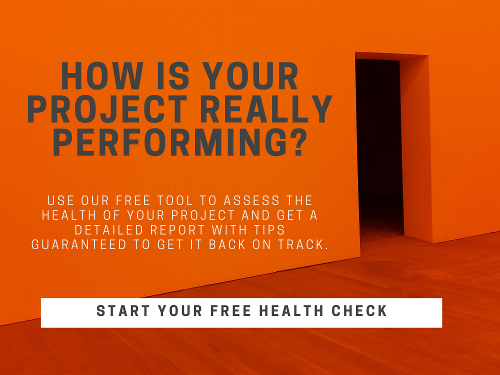This is a situation where the grass definitely seems greener. Those who have been on furlough leave can’t wait to get back to work. Those who have continued to work throughout this period and have seen their colleagues, friends and partners on furlough, are overwhelmed by a sense of jealousy.
But is the grass really that much greener? What’s the views from each camp and what can you do about it?
Concerns from team Furlough
- Why am I on furlough and others are not? And why have some of my work colleagues been asked to return from Furlough but not me?
- Have I been forgotten? Can they cope without me? Will they need me to come back?
- I am bored. Household chores are just not my thing. I need to contribute to something meaningful.
- This opportunity will probably never come around again, I feel a pressure to make the most of it.
- Will I still have the skills? Have I gone rusty? Am I going to be behind my peers because I haven’t had the same recent development opportunities?
Just because you are on furlough doesn’t mean you can’t stay in touch. Talk to your colleagues, stay involved and understand what is going on. With part-time furlough available from July, look at opportunities where you can help. Use your time wisely by doing some training or use your skills to support a charity. Above all – don’t feel guilty – it is not your fault.
Concerns from team Work
- It is work, eat, sleep, repeat. I am bored of the routine.
- I am feeling the pressure. I need to work flat out to generate as much income to enable my furloughed colleagues to return.
- No holidays, no breaks. Will I burn-out?
- I’d like to be on a training course, learning a new skill, or even making a bit of extra cash on the side like my furloughed friends but I don’t have the time.
- I would just love to sit outside, enjoy the sunshine, spend time with the family and catch up on household chores.
It is not all on your shoulders. Enjoy the challenge and work you do, but make sure you carve out down-time. You don’t need to work 24/7 – stick to an 8 hour work day. With more flexible working available, structure your day around the things you want to do. Take a few days off, re-energise and look after yourself.



